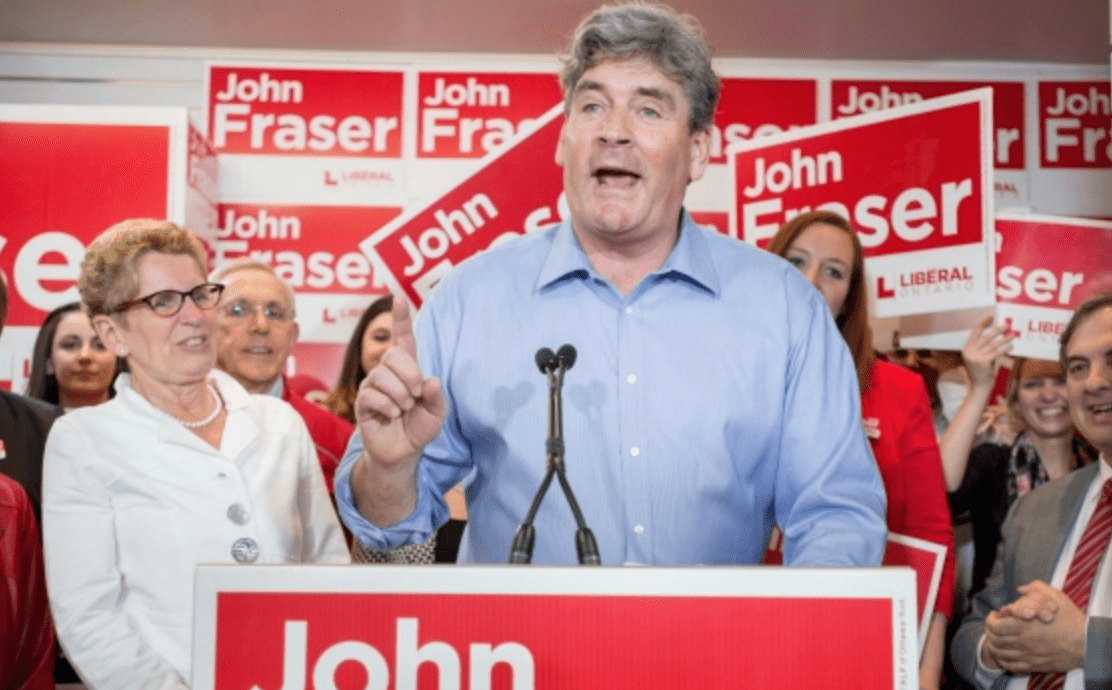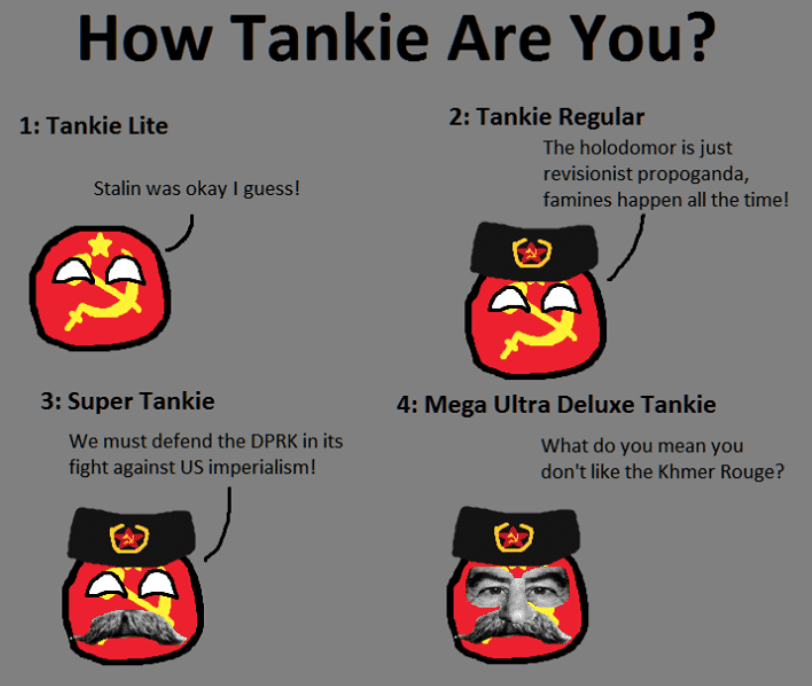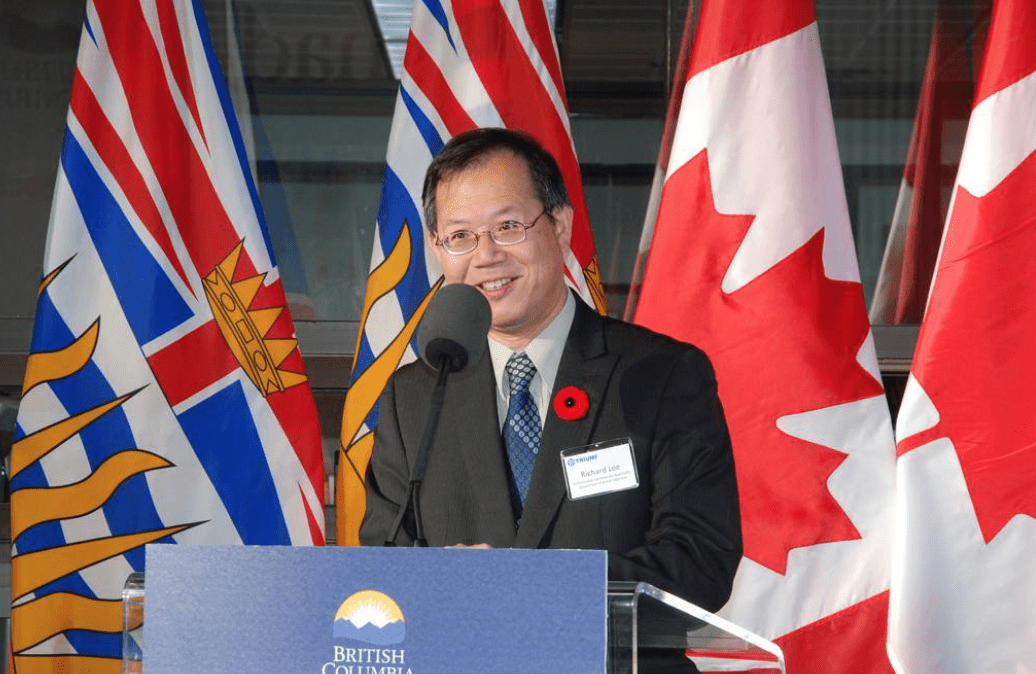With the provincial Liberals currently leaderless, and expected to remain so for probably another year, one of its MPPs is agitating for a change in the way the party chooses who the next leader will be. Currently, the party is one of the few in the country that retains the model of a delegated convention, but MPP Mitzi Hunter wants the party to adopt a one-member-one-vote system at its annual general meeting in June. That would be a huge mistake for the party to make, but the siren song of this system is one that is hard for politicians to resist particularly because of the warped rhetoric around what this would mean.
Delegated conventions are where the derogation of Canada's political system began, back in 1919, when the federal Liberals changed from the traditional Westminster system of caucus selection of the leader to one where the membership would decide and in that case, they decided on William Lyon Mackenzie King, who didn't have a seat at the time. The federal Conservatives took another decade to adopt the system, but already the damage was done. Because the accountability between the leader and the caucus were severed, when Mackenzie King got himself into a scandal and the caucus threatened to oust him, he is alleged to have told them that because they didn't select him, they couldn't fire him. This fleeting accountability got worse as time went on, and more parties began to adopt one-member-one-vote systems, to the point where the federal Liberals have gone so far with it that they don't even require someone to hold a membership in the party to vote for the leader.
It's fairly predictable that Hunter would deploy the rhetoric of the delegated system as being dominated by "back rooms," and that it's run its course. On the former, I'm not sure that she's necessarily correct, because nothing obligates delegates to stick with candidates once they've been eliminated in successive voting rounds. Sure, candidates can try to make deals to win support of those who've dropped off the ballot, but nothing obligates their delegates from following them. But as for whether these conventions have run their course, I don't necessarily disagree but not in the way that Hunter believes. Where she thinks the party should move toward one-member-one-vote something that will continue the path of unaccountable leadership I think the obvious solution is to return to a system of caucus selection of leadership.
Of course, that's going to be a tough sell, no matter how you slice it, because membership-driven processes, whether delegated or one-member-one-vote, have been falsely billed as being "more democratic," and that they somehow empower the grassroots.
"This is a place to start, making sure that as we elect the leader of the party that the voices of all of our members who want to participate in that selection are heard," Hunter says. "One member, one vote gives us that opportunity, moving away from a select group of people choosing who the leader is to every member that wants to have a say being able to do so."
This kind of rhetoric papers over the problems that are inherent in OMOV races, apart from the more corrosive aspects of unaccountable leaders. Because they rely on mass membership sign-ups, whether paid or otherwise, it doesn't actually engage the grassroots. Instead, it artificially inflates the membership rolls to the benefit of individual leadership candidates, but not to the party itself. We've seen increasing examples in the past number of years of candidates using ethno-cultural communities to massively boost memberships on a temporary basis (something that showcases how hypocritical it was for the federal Liberals and their rivals to accuse then-Burnaby South candidate Karen Wang of racism when she simply used the same kinds of ethno-cultural political tactics that they all employ, albeit more covertly), but it's not just these communities that are used to inflate the membership rolls. Add to that, ways in which parties distort OMOV to create weighting has resulted in races like Ontario's last PC leadership, where Doug Ford won the points in ways which were deemed to be somewhat dubious, and not the popular vote.
Parties like to talk a good game about using leadership contests to "invigorate the party" and to "bring in new members," but this tends to be simple smoke and mirrors justification for the creation of personality cults that intend to install themselves at the heads of political parties, and which diminish rather than enhance grassroots democracy. They create top-down structures disguised as bottom-up ones, leadership candidates with their own policies and ideas for the direction of the party that are confirmed by the (temporarily inflated) membership rolls, rather than the way parties are supposed to work, where grassroots members develop policies and send them up the chain to be voted on by the membership in policy conventions. Established members are marginalized in the process because their voices are swamped in the rush to gain this support for this leadership candidate.
The other justification we've heard for broadening the membership rolls of leadership races is the thirst for data. It's the primary reason why the federal Liberals opted for their "supporter"-based leadership race in 2013 forgoing membership fees for the sake of populating their voter identification database, and from there, reforming the party's constitution to further devalue the role of members in favour of greater centralization in the leader's office, and removing any avenues of holding the leader to account by either the caucus or membership. It should alarm everyone that Hunter is proposing more of the same particularly given how the Ontario Liberals are already such a centralized, top-down party that runs its MPPs through "the centre." If Hunter and the Liberals want to actually start to make change in their party and the province as a whole, then that means doing the radical thing and taking the process back to its roots let the caucus select the leader, make him or her accountable to them, which will strengthen the role of MPPs, and give power back to the grassroots. OMOV will do the opposite, and only corrode the system even more.
Photo Credit: CTV News










